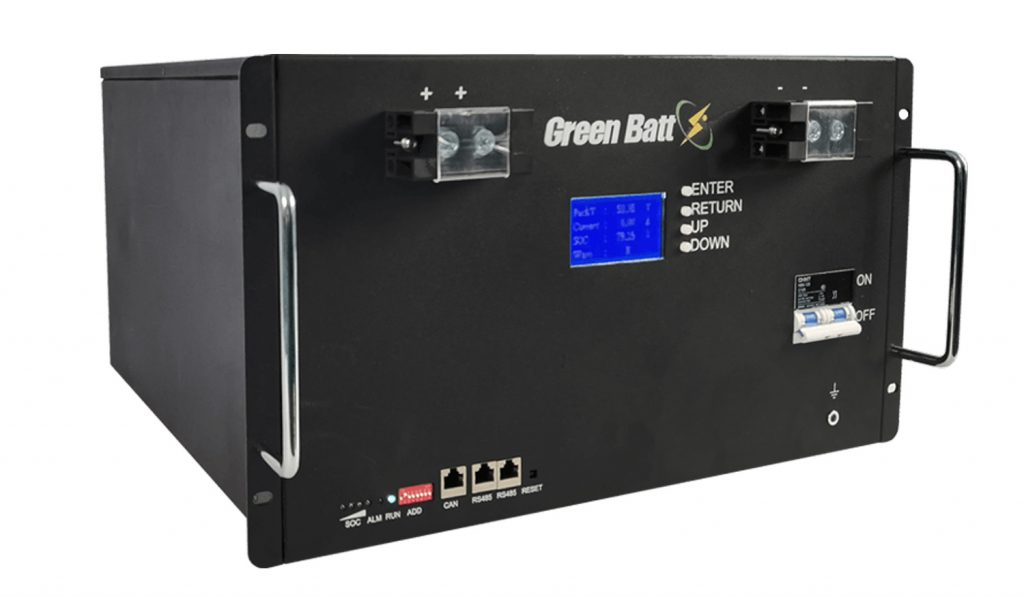
1. Lead-acid battery
Lead-acid batteries used as energy storage batteries has a long history, mainly because it was an early evention and the technology is relatively more mature. Of course, its cheap production cost is also a critical factors. However, it also has defects, such as the lowest energy density per unit volume, the heaviest weight, and low discharge rate. So the power supply often cannot meet the demand.
The production and manufacture of materials have great harm to the environment and the human body. Under the national advocacy of environmental protection and sustainable development, lithium-ion battery beging to replace lead-acid one constantly.
2. Li-polymer battery
On the economic benefits of energy storage batteries, using soft-pack polymer lithium-ion batteries is the most expensive, and the safety performance is also the most unstable. That is why the batteries used in many new energy vehicles are not polymer lithium-ion batteries. Despite this, it is ideal to choose polymer lithium-ion batteries for some solar energy storage batteries that ask for light-weight.
For example, for some electronic equipment for field exploration or work, the lighter and smaller battery is better choice for supplying backup power . Therefore, the polymer lithium-ion battery is not an ideal choice for the energy storage battery used in daily life.
3.LiFePO4 battery
For energy storage and power wall battery applications, the most widely used in the future may be lithium iron phosphate batteries.
First of all, in terms of using temperature range, LFP batteries are the highest temperature-resistant batteries among all energy storage batteries and good for safety and stability. Second, LiFePO4 batteries can't supply the same high current discharge as polymer batteries, but it is much better than lead-acid batteries. Therefore, intelligent cargo trucks or robots used in warehousing and logistics use LiFePO4 battery to provide electrical power. Third, in terms of environmental protection, lithium iron phosphate batteries are environmentally friendly and pollution-free. Raw materials in the battery has a wide range of sources, making them a good product for sustainable development. Last, electrochemical performance like battery capacity, energy density, cycle life, etc., it is far better than lead-acid batteries.




